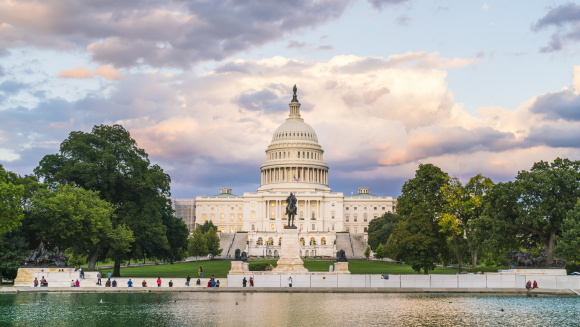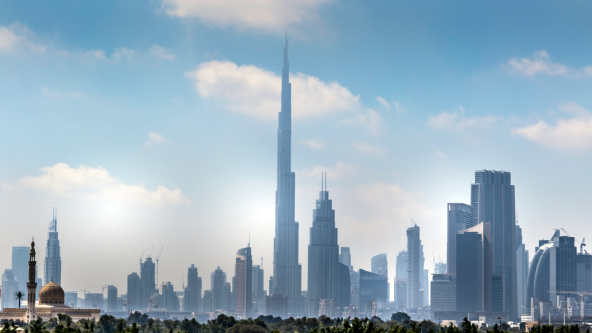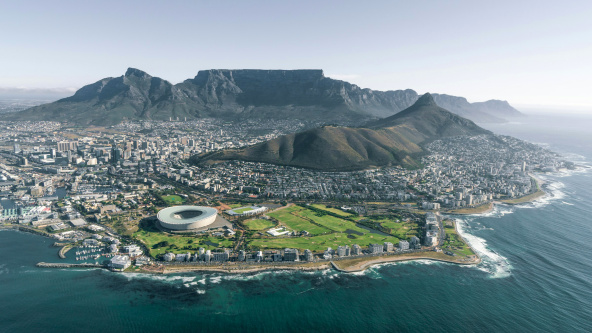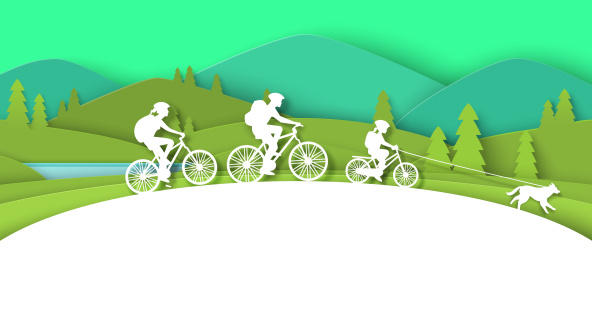Living in Washington, DC: an expat guide

What to expect when moving to Washington, DC
Washington, DC, is famed as the capital city and federal district of the United States. It is most commonly known for its iconic neoclassical monuments and buildings, not least the Capitol, White House, and Supreme Court. However, the DC area spreads beyond the compact city area on the Potomac River and into the bordering parts of Maryland and Virginia. This wider metropolitan area is called the DMV (District of Columbia, Maryland, Virginia).
Don’t be surprised to learn that many people live in one area and commute to another for work, school, or shopping. They are connected socially, economically, and culturally, but be aware that each area has slight nuances, be it buying alcohol or obtaining driving licences.
Where to live in Washington, DC
When navigating where to live, it may be easier to find the school first and then look for accommodation. Where you live will largely be down to individual preference, budget, and the style of housing you like, from modest apartments to vast mansions with sprawling gardens and numerous garages.
Areas to consider
There are many highly sought-after residential areas within the DMV, but unsurprisingly, prices are high. Popular areas include: Cleveland Park, Friendship Heights, Palisades, Valley Spring, Bethesda, Chevy Chase, Arlington, and Alexandria.
Finding accommodation may take time and require compromises, but in the fast-paced market, there is always something new in the inventory. Go in with an open mind; do you want somewhere that is the finished article or more of a project (this often being the basement)?
Whether you're into museums (many of which are free), historical landmarks, cycling, running and hiking trails, Washington DC has it all, and it's a great place to live.
Proximity to school
When looking for accommodation, zip codes (postcodes) are key and realtors (estate agents) are quick to advise on the proximity of good schools and how this increases the house value.
Bear in mind the time taken to get to school. Will your children be walking on the school bus (yes, it is yellow!) or carpooling (drive-through drop off/pick up)? Traffic, particularly within DC, can be heavy and slow, and there are numerous traffic lights, stop signs, and pedestrian crossings to navigate. Some families live further afield with school commutes over an hour, but as the saying goes, ‘They get more for their buck!’
It is worth noting that county, state, and federal taxes differ, so check this out before looking at homes. It is a good idea to use a local tax advisor for advice on this and to complete tax forms; it is complicated.
Getting started in Washington, DC
With the World Bank, IMF, and embassies based in DC, many international families are living here, but if it’s the expat scene that you are after, you’ll need to actively seek it. If you're coming from a country with a larger expat community, DMV can sometimes feel isolating and overwhelming. Whilst Americans are super friendly and welcoming, you must remember they have probably lived all their family life here and, indeed, have their own circle of friends and family and are generally busy with life.
Banking
Once you have decided where to live and which school to send the children to, settling in and getting started is relatively easy; it just takes time. Top priorities would be opening a bank, sorting medical care, and buying a car. Banks are literally on every street, and often the choice is down to which is the closest to where you live or work.
Medical care
Health care is slightly trickier; many medical practices aren’t taking new patients and have huge waitlists. Many practices focus on paediatrician clinics (up to 24 years old) which seem easier to get into.
Direct settlement through your medical insurance company is less common than in many other countries, and our key advice would be to work through the list of medical providers that your insurance covers, hoping to find a suitable doctor.
Driving
Driving licences differ depending on where you live within the DMV area. You can drive on your home country licence for 30 days in DC and 60 days in Maryland and Virginia before needing to apply for a new licence.
The application process is different for each state, but you usually need to submit proof of residency and identification. Some states require vision, alcohol awareness, theory and a driving test.
When it comes to insurance, you are regarded as a new driver even if you have been driving for over 30 years! On a positive note, insurance renewals happen every six months, so you quickly see small reductions. As an alternative to the car, the Metro is super efficient, reliable, and easy to navigate.
Working
Working as a foreigner is easy as long as you're on a visa that allows you to work and have a social security number (SSN).
All the latest advice from our education experts, straight to your inbox.
Day-to-day living in Washington, DC
The first thing you'll notice is the weather. Don’t be surprised to see four seasons in one day and 12 seasons a year! It’s hard to comprehend, but temperatures vary greatly from day to day. Imagine the fall, with brilliant blue skies, bare trees… and 28°C. When you think spring is here, don't be fooled; tomorrow will be like winter again.
Carpooling
The school run (or carpooling as Americans call it) is early, and parents often then head straight on to their morning activity, be it yoga, pickleball, tennis, coffee, or shopping.
Time after school is mainly spent taxiing children to various activities, such as music, languages, cotillion, and sports. Some sports have up to three training sessions a week, plus matches at weekends, and there is a big difference in commitment between travelling (competitive) and recreation teams!
Food shopping
Food shops open early too, with malls/strip malls opening later. There is a dizzying array of supermarkets to choose from. Where you shop is down to trial and error and personal preference. Be prepared; it takes a while to master the shopping. But don't worry, many stores have Starbucks in them and a cupholder on the trolley to keep you going!
The last word
As with anywhere, it takes a while to settle in, but life runs along very easily once settled. Whether you're into museums (many of which are free), historical landmarks, cycling, running and hiking trails, the DMV has it all, and it's a great place to live.
Featured in: USA Washington DC
Tags: Family Third-Culture Kids



